To read the full program for the WFH 2024 World Congress, please have a look at the program page. To find out more about Congress, please click here. To find out about more sessions you won’t want to miss this April in Madrid, read on.
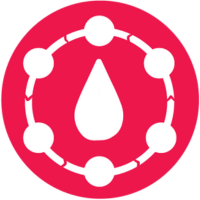
When: April 24 from 9:00 to 10:00

Len Valentino
(United States)

Laurence Woollard
(United Kingdom)

Richard Gorman
(United Kingdom)

Tahira Zafar
(Pakistan)

Lize Van Vulpen
(Netherlands)
When it comes to people with hemophilia (PWH), factor levels don’t tell the complete story. PWH exhibit variability in phenotypic (symptom) expression of their disorder. This reality raises many questions for researchers. For example, why does one person with moderate hemophilia factor levels bleed more or less than another person? Why does a person with “normal” factor levels have bleeding symptoms? Consequently, when using factor levels to determine access to treatment and care, researchers can’t simply ask, “What are your bleeding symptoms?” This means that the standard classifications of hemophilia—based on factor activity—can result in unpredictable clinical manifestations. In this session we’ll see how phenotype (how someone is bleeding) matters and how this impacts treatment and care for all PWH.

When: April 23 from 17:15 to 18:15

John W. Weisel
(United States)

Darrel Stafford
(United States)

Robert Sidonio
(United States)
Explore the pivotal role of red blood cells in hemostasis, emphasizing their contribution to the intricate process of clot formation. Learn more about the role of factor IX outside circulation, specifically in tissues within the extravascular space. Take an in depth look at muscular hematomas in patients undergoing treatment with emicizumab, a medication designed to enhance blood clotting by mimicking the function of factor VIII.
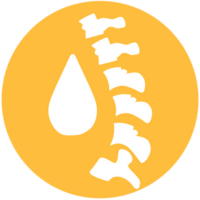
When: April 23 from 9:00 to 10:00

Gianluigi Pasta
(Italy)

Antonio Gavrilovski
(Macedonia)

Carla Daffunchio
(Argentina)

Horacio Caviglia
(Argentina)

Greig Blamey
(Canada)
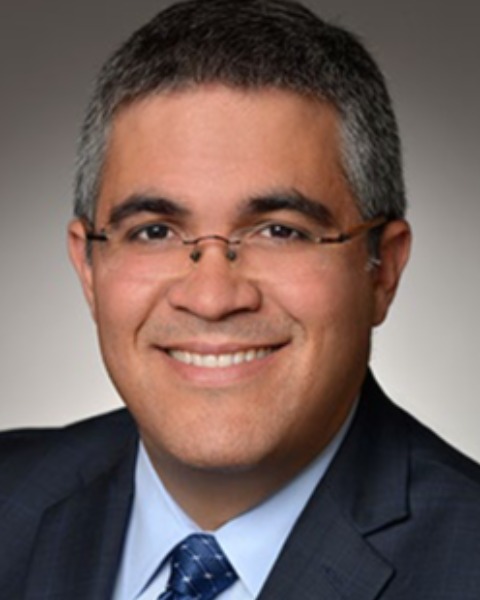
Mauricio Silva
(United States)
This dynamic session will tackle challenging clinical cases in the realm of surgery and rehabilitation for PWH. Get engaged with insightful discussions on recurrent muscle bleeds, exploring their acute and long-term consequences. Key takeaways from this session will include an in-depth understanding of the complexities surrounding surgical interventions, rehabilitation strategies, the management of recurrent muscle bleeds, and the importance of equipping healthcare professionals with valuable insights to optimize patient care in challenging scenarios.
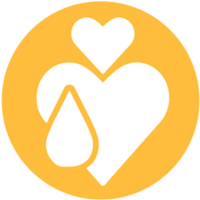
When: April 23 from 11:30 to 12:30

Noemy E. Diaz-Burgos
(Puerto Rico)
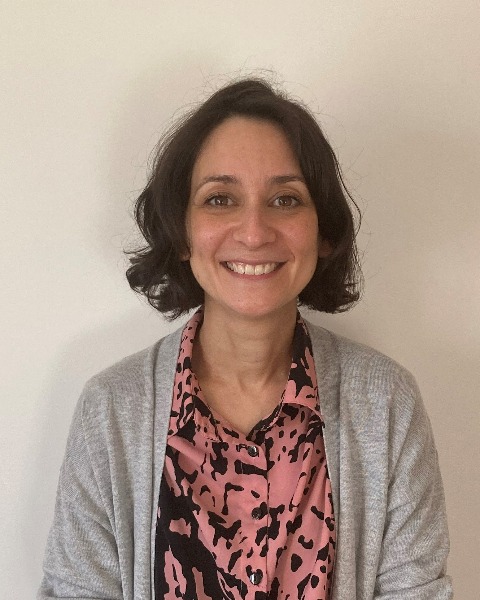
Meila Roy
(United Kingdom)

Suzanne O’Callaghan
(Australia)
This session will address the often-overlooked journey of WGBD who have spent their lives suffering from bleeding disorders-related symptoms, but who have often gone undiagnosed because their physicians believed that only men can have bleeding episodes. Many have been caregivers for their male relatives, supporting them through the difficulties of their own symptoms. This session will explore the critical moment when these WGBD acknowledged their own patient status, and their subsequent transition into becoming self-advocates for their access to care. Participants will take part in a discussion about the challenges these women face, the support they need, and the steps needed to empower them to become advocates, not only for themselves, but for the broader community.

When: April 22 from 16:00 to 17:00
Silvina Grana
(Argentina)
Patricia Cabre
(Spain)
Jane Portnoy
(Australia)
This session promises a comprehensive exploration of critical issues affecting the quality of life of PWBDs. Take a deep dive into peer relationships to better understand and mitigate bullying in the context of bleeding disorders, and discover effective strategies for fostering positive peer interactions in an academic setting. Learn how to improve psychosocial interventions in school, and how more effective interventions can positively impact academic and quality of life outcomes for PWBDs. Explore various aspects of career planning, and how to better equip PWBDs with the tools and knowledge needed to pursue fulfilling and successful professional paths.
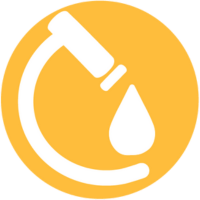
When: April 23 from 9:00 to 10:00

Annette Bowyer
(United Kingdom)

Rajiv Pruthi
(United States)

Sean Platton
(United Kingdom)
Discover the challenges associated with the use of emicizumab in both high- and lower-income countries by examining the disparities in accessibility, affordability, and healthcare infrastructure that may impact the effective utilization of this treatment. Uncover the complexities of rebalancing hemostatic agents with an in-depth examination of the challenges, considerations, and potential complications associated with adjusting and optimizing the use of these agents in the context of hemophilia. Explore the current state of gene therapy, and learn more about the advancements and hurdles in this rapidly evolving field.

When: April 24 from 9:00 to 10:00

Laura Beatriz Isidro Olan
(Mexico)

Zikra Alkhayal
(Saudi Arabia)

Norjehan Yahaya
(Malaysia)
Dental education is an important aspect of overall good health, and this is especially true for PWBD. This session will examine various settings where dental education has been shown to have positive outcomes for patients. It will also cover the reality of dental disease in relation to oral bleeding, in contrast to the widely held belief that oral bleeding is simply a symptom of a person’s bleeding disorder.
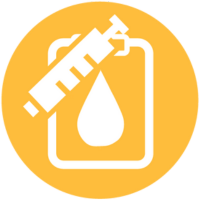
When: April 23 from 16:00 to 17:00

Jen Maahs
(United States)

Vanessa Bouskill
(Canada)
We have seen great leaps in the evolution of treatment for conditions such as hemophilia in the last decade. But for people with less well-known conditions, the feeling of isolation is very real. Join this session to learn more about the impact of delayed diagnosis and the subsequent management of rare bleeding disorders, with a particular focus on PAI-1 (Plasminogen Activator Inhibitor-1). Gain insights into effective management strategies and approaches to improve timely diagnosis. Listen in as our experts make recommendations for the management of platelet function disorders and discover how upcoming novel therapies might lighten the burden for those most severely affected.
Join these sessions and more! Learn more about what the WFH 2024 World Congress has to offer by consulting the detailed program here. To find out more about Congress, please click here.
















